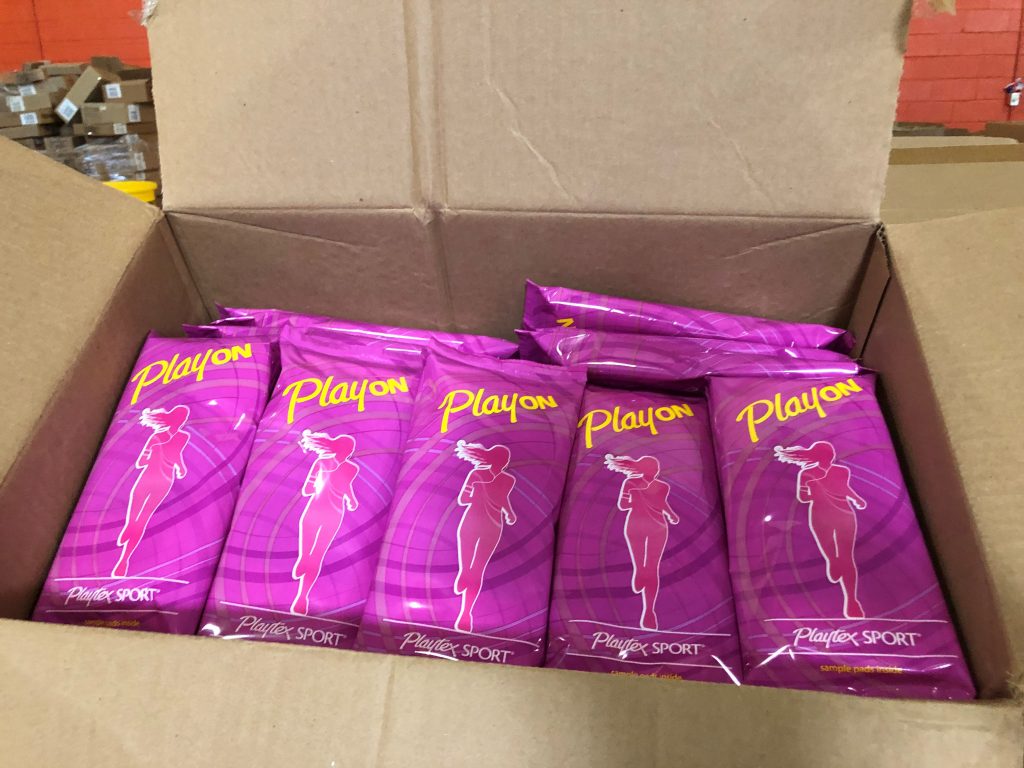Period poverty. It’s not a topic normally raised during economic equity discussions, but that doesn’t make it any less relevant. For half the world’s population, menstruation is a biological reality that brings added expenses and, all too often, unwarranted stigma. For many low income women, the choice comes down to purchasing menstrual hygiene products versus a meal.
For school-age girls, the consequences can be especially detrimental. A study by Proctor & Gamble reveals that hundreds of thousands of girls across the United States skip school because their families can’t afford period products. Missing school can lead to lower performance and decreased confidence, both of which impact a girl’s chances for success. “Imagine if students were responsible for bringing their own toilet paper to school. That would be ridiculous, but so is not providing tampons and pads for those who have periods,” said Maria Molland, CEO of period-proof underwear brand THINX, as quoted in Forbes’ FemBeat: Period Poverty is a Thing, Even in the U.S.
In this country, 35 states, including North Carolina, tax tampons and other period products as nonessential “luxury” items even though they are hygienic necessities. Opponents of this “tampon tax” point out its inherent gender injustice: women and girls are taxed for something that is totally out of their control. “This is not a luxury,” said Anne Sebert Kuhlmann in a recent Reuters Health article. “It’s a need. It affects a woman’s sense of self, her sense of dignity, and her ability to participate in life.”
The issue is steadily gaining attention. Case in point: the Menstrual Equity for All Act (H.R. 1882) was introduced in Congress earlier this year. The first of its kind, the bill would make menstrual hygiene products free for women in prison, allow states to use federal funds to provide them to girls in school, and require that they be covered by Medicaid.

The world’s first #NationalPeriodDay is Saturday, October 19, 2019. Rallies are planned across the country, aimed at spotlighting the issue of period poverty, ending the stigma associated with menstruation, and making period products more accessible for all. Organizers envision the day as a springboard for the Menstrual Movement Coalition, a group dedicated to gender and menstrual equity.
For an in-depth look at this often overlooked topic, check out CBS News’ “What is Period Poverty?”, which includes a link to the CBSN Originals documentary, “Period. Half the population has one. But no one talks about it.”
